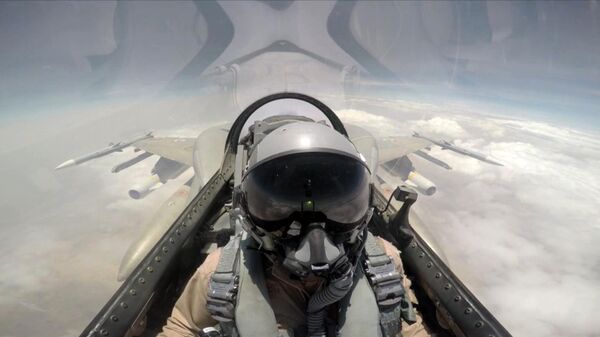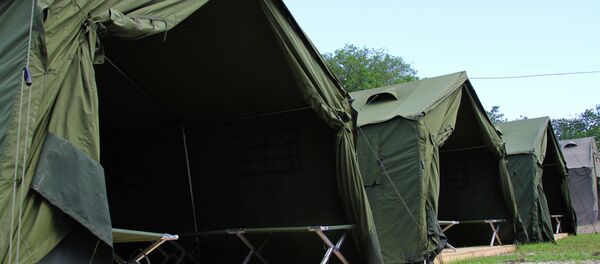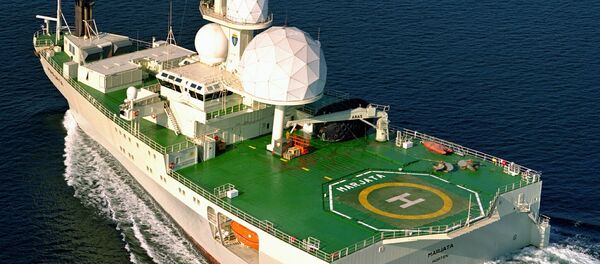"I see no reason at all why Norway should go on with its weapons exports to some of the countries that are at war, and Yemen war is very brutal, with documented violations of international humanitarian law identified by the UN and other organizations," Bård Vegar Solhjell told Norwegian newspaper Dagbladet.
Norwegian export control rules state explicitly that Norway "will not allow the sale of weapons and ammunition to areas where there in an ongoing war or a threat of war, or to countries where a civil war goes on." According to regulations, military equipment will not be exported in case of an obvious danger of weapons being used for repression. Previously, Norway stopped its weapons sales to Israel and Colombia, as well as Egypt and Bahrain during the Arab Spring.
"To sell weapons to countries involved in the Yemeni war is contrary to the established Norwegian tradition," Solhjell commented.
Norway's yearly arms export constitutes 2.4 billion NOK (roughly $300 million), placing Norway in tenth place on the 2014 list of the world's biggest arms dealers. In 2014, Saudi Arabia, the United Arab Emirates, Qatar and Kuwait were all among Mid-Eastern importers of Norwegian arms. The same year, Saudi Arabia and the UAE bought 10.3 million NOK ($1.3mln) and 44.5 million NOK ($5.5mln) worth of Norwegian arms respectively.
In January 2016, the Red Cross first voiced fears that Yemeni civilians could have been killed using Norwegian arms. In April, the Norwegian Foreign Ministry suspended its arms exports to the UAE citing fears for human rights violations.
"The danger that Norwegian military equipment has been used in the war in Yemen against civilians is very real. The problem is that the Norwegian authorities will not give out accurate information about what exactly has been sold, and that it is therefore impossible to get a proper debate on what is actually happening," Gerald Folkvord, an adviser to Amnesty Norway told Dagbladet earlier this year.





